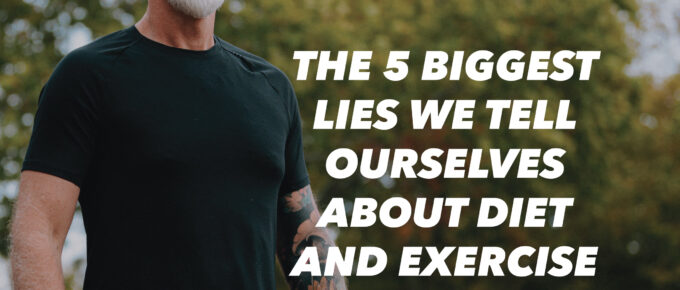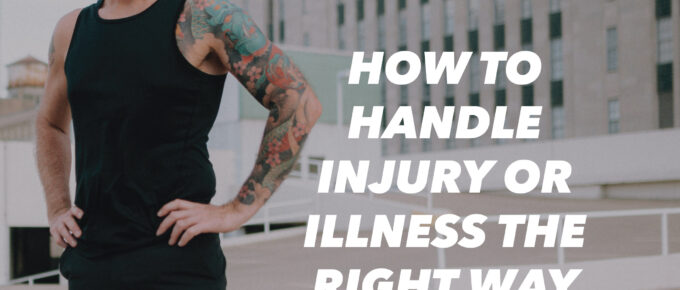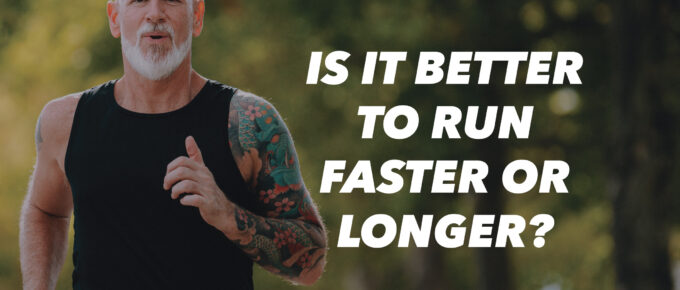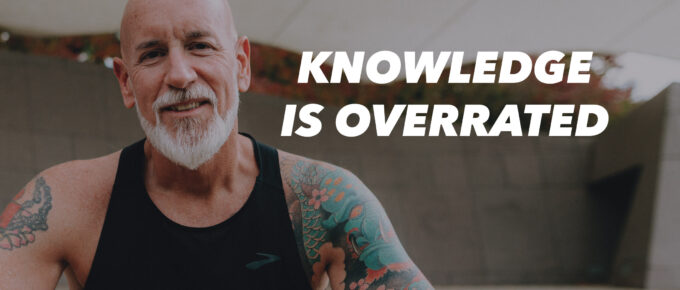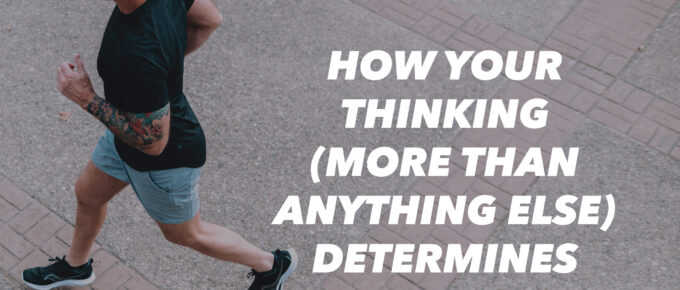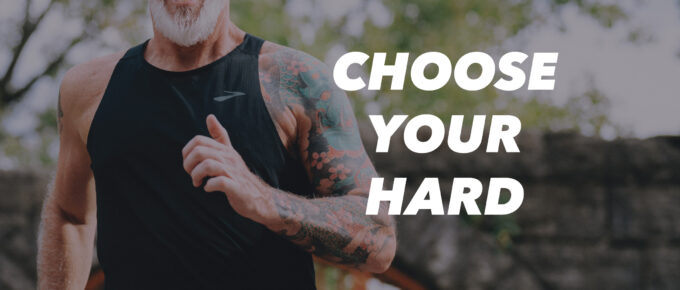Let’s be real—when it comes to diet and exercise, we’re all guilty of telling ourselves a few little lies. You know the ones: “I’ll start on Monday,” or “I don’t have time,” or even “I deserve this …
Continue Reading about 278. The 5 Biggest Lies We Tell Ourselves About Diet and Exercise →

